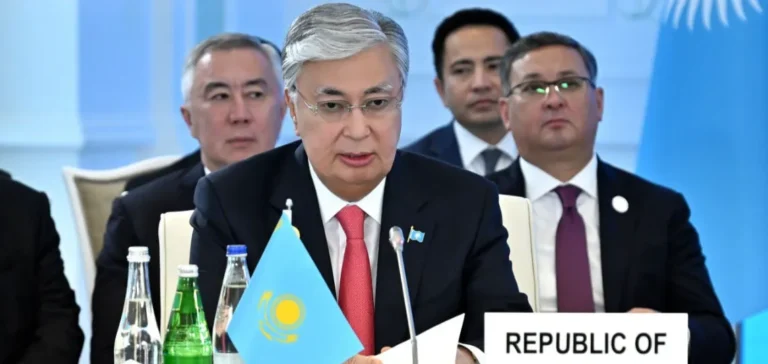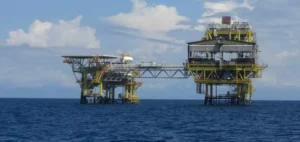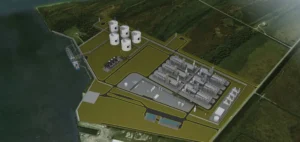Russian President Vladimir Putin is hosting his Kazakh counterpart Kassym-Jomart Tokayev in Moscow for a series of talks aimed at deepening economic and energy cooperation between the two countries. The meeting comes as new US sanctions targeting Russian energy firms, including Rosneft and Lukoil, prompt Moscow to diversify its regional partnerships.
Consolidation of trilateral exchanges
According to Kremlin spokesperson Dmitry Peskov, cooperation between Russia and Kazakhstan now spans all economic sectors, with a particular focus on energy. Talks in Moscow will include the implementation of joint projects with Uzbekistan, particularly in the field of natural gas. This trilateral format, previously discussed in earlier meetings, aims to modernise transport infrastructure and strengthen regional export capacity.
A partnership with strategic dimension
The Kremlin indicated that the two leaders will sign a joint declaration elevating their relations to a comprehensive strategic partnership and alliance. This initiative seeks to structure long-term energy cooperation between Moscow and Astana. In parallel, Putin and Tokayev will participate via videoconference in the Interregional Cooperation Forum, aimed at strengthening institutional ties in trade, energy and industry.
Impact of US sanctions
Sanctions imposed by the United States against several Russian energy companies are reshaping regional trade flows. While the Kremlin did not specify whether these measures will be discussed directly, they are strongly influencing Moscow’s strategic choices. The partnership with Kazakhstan and Uzbekistan provides Russia with an alternative economic route while reinforcing its energy influence in Central Asia.
Kazakhstan’s diplomatic balance
Kazakhstan continues to maintain an active dialogue with the United States, as shown by Tokayev’s recent participation in the C5+1 summit in Washington. This cooperation, focused on regional security and strategic resources, does not appear to affect its exchanges with Russia. Astana is seeking to maintain a diplomatic balance between major powers while leveraging its geographic position and role as an energy hub.
Continuation of Russian-Syrian dialogue
Alongside economic discussions, Dmitry Peskov addressed the continuity of Russian-Syrian relations. Syrian President Ahmed al-Sharaa recently met Vladimir Putin in Moscow to strengthen bilateral cooperation. Despite Damascus’ rapprochement with Washington, the Kremlin believes this will not hinder its relationship with Syria, illustrating Russia’s strategy of maintaining key partnerships on multiple fronts.






















